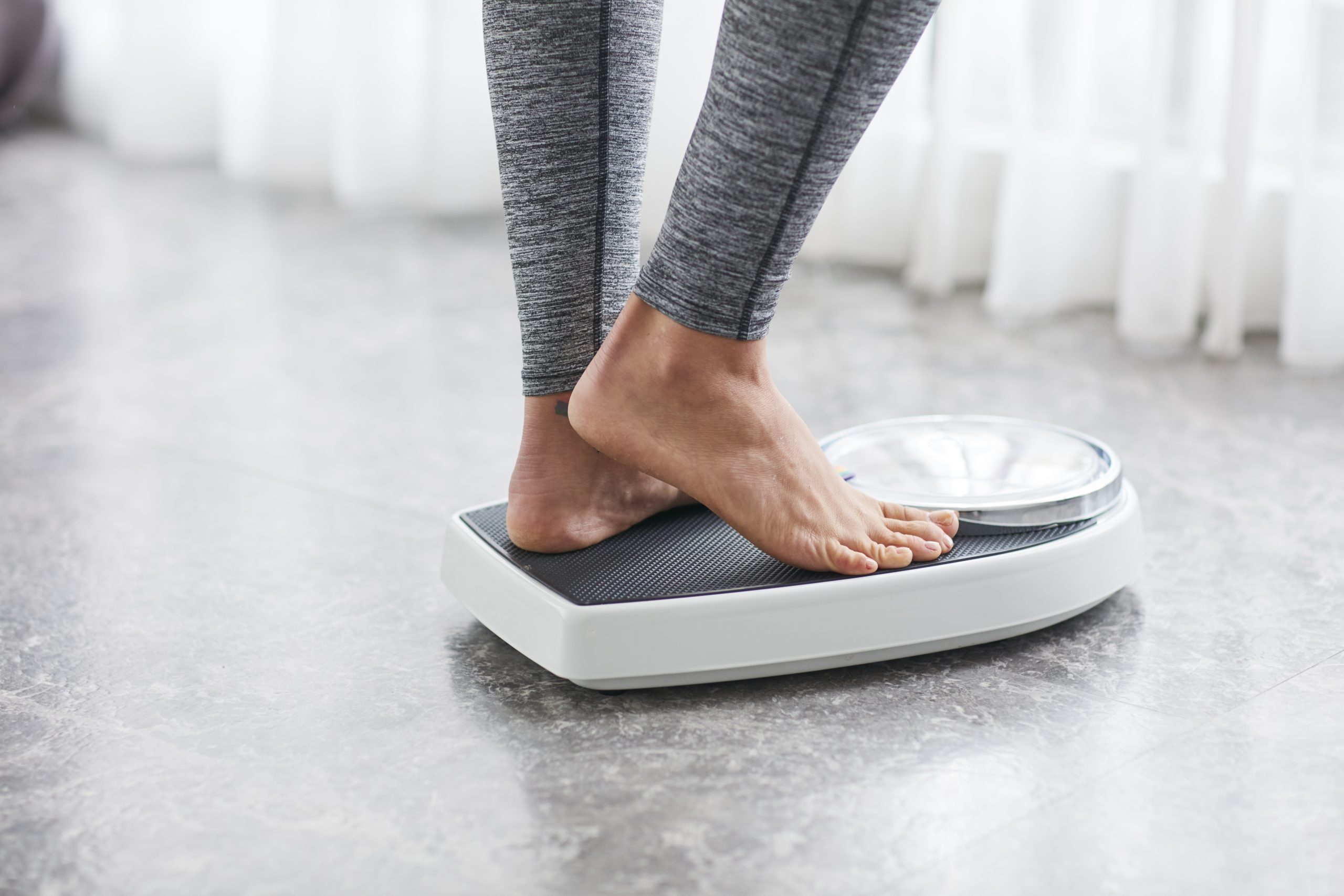5 real reasons for winter weight gain – and how to avoid it!
Number 4 is crazy


Cold weather, rain, darker evenings – autumn and winter can seem a bit depressing at times.
But that's not the worst of it. Turns out, it's also the time of year when our waist sizes expand and we pile on the pounds. Yes, sadly, winter weight gain is not just a myth – it's totally normal. Sigh!
One study, by the University of Exeter, blamed this on our animalistic urges, which are mean't to help us to survive against the harsh winter elements. While another study, by theUniversity of Alberta Faculty of Medicine & Dentistry, found that our fat cells are sensitive to sunlight – something sadly lacking in winter.
"There are several factors that play a role in women consuming more calories in autumn and winter," says expert Chris Gillett from WatchShop. But, thankfully, with the sun heading to bed earlier and earlier, there are some things you can do to reduce winter weight gain. The first is be aware of what might be secretly derailing your diet.
Here's the reasons you may be gaining more weight in winter:
1 Being dehydrated can cause weight gain in winter
Thought that you're more likely to become dehydrated in summer when the sun is shining? Sadly, hydration can still be an issue in the colder months, too."We immediately associate autumn and winter with feeling cold and forget that we actually spend a lot of the time warm," says Chris. "As the radiators are turned up and we adopt jumpers and scarves, this leads us to sweat. Consequently, dehydration can ensue just as rapidly as it does in the summer."
And the trouble with being thirsty, is that one side effect of dehydration is hunger. "Therefore, it is no surprise that we will reach for additional calories to consume while we are feeling hot," says Chris. "Even throughout the winter, ensure that you keep hydrated, even if it is with hot teas and soups."
Sign up to our free daily email for the latest royal and entertainment news, interesting opinion, expert advice on styling and beauty trends, and no-nonsense guides to the health and wellness questions you want answered.
2 Tiredness is a big reason for weight gain
Wake up feeling tired in the winter, no matter how many hours of sleep you get? You're not alone. "Those of us in the northern hemisphere can really feel the impact of less daylight," says Chris. "Shorter days see that our circadian rhythms become out of whack and tiredness ensue." And, when you are tired, you have less control of what you eat. In fact, astudy published in the European Journal of Clinical Nutrition discovered that people who didn't get enough sleep ate almost 400 extra calories the next day.
"When you are physically tired, your body craves sugary snacks," says Chris. "Fatigue increases your brain's sensitivity to smells meaning that food literally smells more appealing. Consequently, a higher intake of calories is inevitable. Lack of sleep also leads to a peak in lipids in the bloodstream, which makes the taste of food seem more pleasurable. This ignites the pleasure of comfort eating."
3 Nobody exercises outside as much in winter
Despite best intentions, physical activity tends to slow in the colder weather, and not as many of us get outside during daylight hours. This can lead to Seasonal Affective Disorder, or SAD, which can have a big impact on our diets.
"SAD defines a depression that is aligned with seasonal patterns," says Chris. "Those who are affected by SAD tend to experience low mood, little motivation, and excessive tiredness. A common symptom is also feeling little joy in activities that you usually appreciate. Consequently, activity levels can drop, and workouts can become less frequent. Inevitably, our calorie intake will rise as we fill time."
But there is help at hand. "Throughout the winter months, use the time to engage in activities that you may not usually participate in," says Chris. "Taking walks ensures that you obtain your daily vitamin D levels and also maintain activity levels."
4 We tend to eat more like animals in the winter
Feel like you hibernate more in winter? You're right. "Research suggests that cooler climates activate the internal relic in the same way as it does animals," says Chris. "Essentially, the body craves more calories to gain fat in order promote internal insulation and survive the cold."
Actually being cold doesn't help, either. "When the bodies internal temperature drops, we burn more calories in an effort to raise it again," says Chris. "As a result, we naturally reach for high-calories foods. Ultimately, calories are needed to fuel the body with energy which, in turn, will maintain its temperature. So ensure that your calorie intake is through nutritious foods such as veg, grains and fruits. Eating stews throughout the winter months is a great way to fuel the body with nutritious foods, but also serves as a means to curb the craving for comfort food."
5 Most of us drink more alcohol in the colder months
One of the most obvious reasons for winter weight gain is that the on-set of the festive season brings about more social drinking. Although, it's looking likely this won't be a problem for many of us this year, thanks to restrictions around Covid-19.
"Alcohol temporarily reduces our blood sugar levels," says Chris. "This leads the body to compensate by eating more to readjust blood glucose levels. Hangovers can also lead to us craving more foods than usual. I recommend stocking up on nutritious foods before drinking so that you have go-to products to curb those hunger pains."
Faye M Smith is an award-winning journalist with over 20 years experience in the magazine industry. Her continued work in the area of natural health won her the coveted title of the Health Food Manufacturers’ Association (HFMA) Journalist of the Year Award 2021. Currently Group Health Director across several magazines including woman&home, Woman, and Woman’s Own, Faye specialises in writing about women’s health, especially menopause, relationships and mental health.
